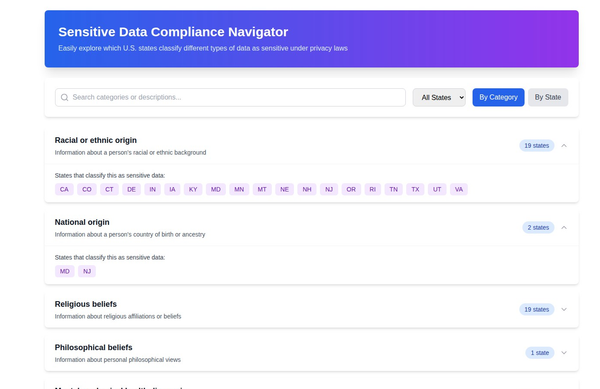Navigating the Transformative Impact of Artificial Intelligence in Redefining Healthcare: The Frontier of Medical Innovation

Introduction:
The advent of Artificial Intelligence (AI) has been a game-changer across a spectrum of industries, healthcare being one of the most significant beneficiaries. AI has edged its way from being a promising concept to an integral part of healthcare's digital revolution, tailoring solutions and services offering enhanced patient care, streamlined workflows, and efficient diagnostics. As we traverse the technological frontier, this article presents an in-depth discourse on AI's profound impact on healthcare and the promises it holds for the future.

1. Revolutionizing Diagnostics With AI:
AI's transformative power translates into diagnostic tools fueled by the ability to collate and analyze data volumes hitherto unimagined. These include a wide array of patient history, laboratory reports, and crucial imaging scans. The integration of machine learning algorithms with AI tools paves the way for the discernment of minute patterns and anomalies often overlooked, thereby aiding medical professionals in accurate diagnosis within feasible timelines. This technological prowess has the immense potential to mitigate diagnostic errors, playing a pivotal role in preserving human lives.
2. The Advent of Personalized Treatment Structures:
In the era of personalized medicine, AI takes a leading role in driving customized treatment plans, catering to each patient's unique requirements. As AI algorithms briskly filter through comprehensive data volumes – right from genetic profiles, past medical records, to lifestyle patterns – healthcare practitioners are bestowed with invaluable insights for tailoring the most effective treatment solutions. Coupled with AI’s unmatched adaptability and learning capacity, treatment plans undergo seamless modifications to ensure the broadest patient outcomes.
3. Harnessing Predictive Analytics for Proactive Healthcare:
The capability of AI to navigate through broad patient data, cataloging patterns and discerning trends, has made it a vital tool in foreseeing health risks. This feature has paramount importance in the sphere of preventive care, thus enabling the move from a reactive model to a proactive approach, facilitating early interventions preventing the manifestation of chronic disease. By leveraging AI's predictive power, healthcare systems can emphasize preventive care, leading to substantial cost savings and better health outcomes at a population level.
4. AI: The New Administrative Assistant:
Contrasted against clinical operations, administrative tasks often stand out as a dull yet vital part of healthcare management. Powered by AI, automation solutions are sowing roots in these areas, transforming various processes like appointment scheduling, claims management, and billing operations. As these tasks are automated, healthcare personnel can shift their focus back to the core of their profession - patient care, thereby greatly enhancing organizational efficiency.
5. AI-infused Robotics and Its Role in Surgeries:
AI-backed robots have seen a surge in their deployment to assist surgeons during intricate procedures. Equipped with an ability to carry out precise and repetitive tasks, they substantially reduce human error, significantly improving surgical success rates. With relentless advancements in robotic technology, AI is at the threshold of redefining the future of minimally invasive surgeries and the burgeoning field of telemedicine.
Conclusion:
As we delve deeper into the era dominated by AI, its aspects continue to evolve and present unparalleled prospects in the realm of healthcare. The infusion of AI across diagnostics, custom treatment planning, predictive healthcare analytics, administrative automation, and surgical assistance radically reshapes patient care while augmenting efficiency and cost-effectiveness. Nevertheless, it is essential to navigate through ethical dilemmas and data privacy concerns to ensure a responsible and sustainable AI-driven healthcare future. Amidst this rapidly evolving tech milieu, the healthcare industry must welcome AI not just as a tool, but a vital ally in our pursuit of enhanced patient outcomes and a healthier, harmonious future for all.






